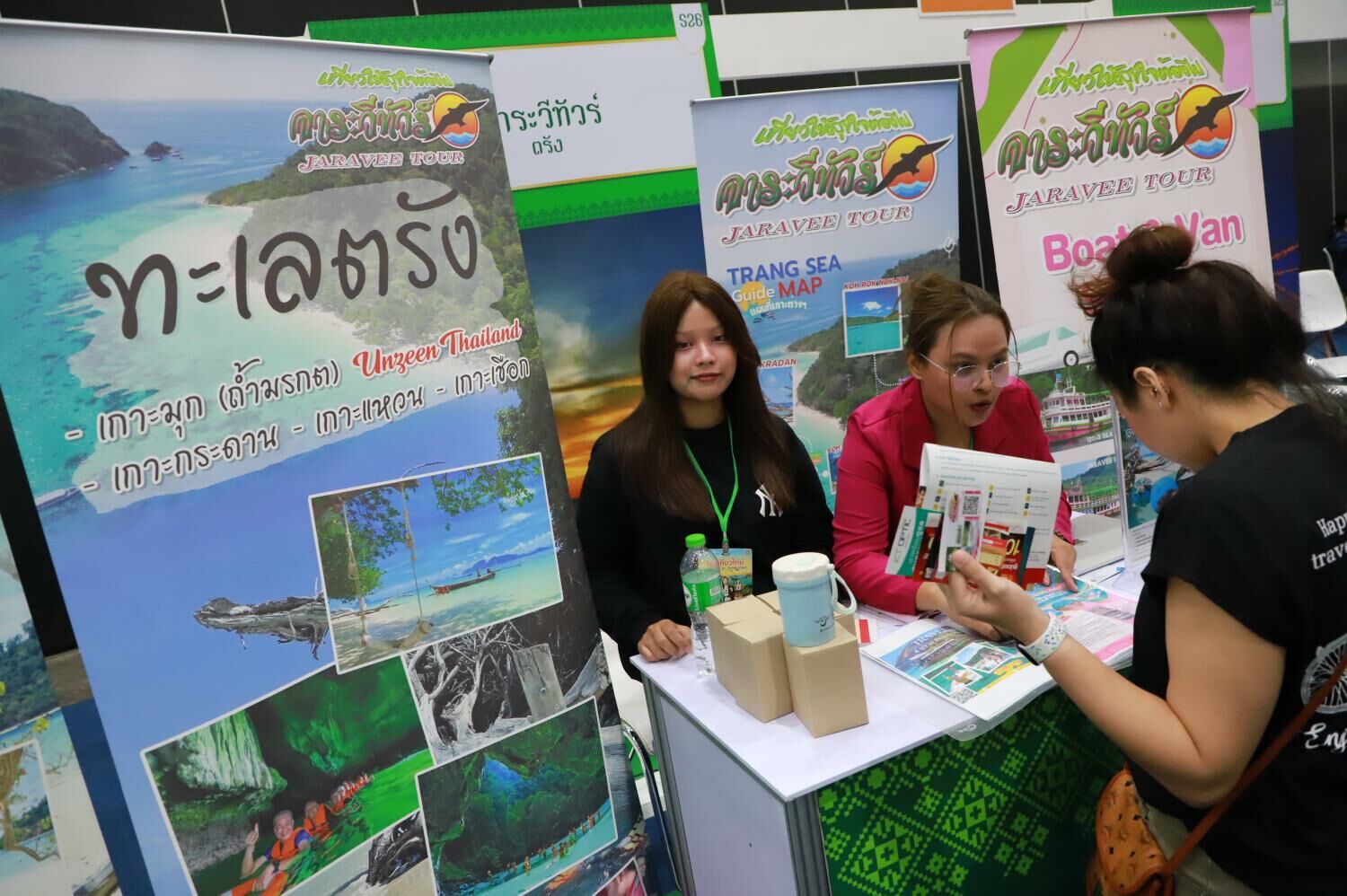High-end hotels check in higher rates amid rising tourist numbers

High-end hotel operators are poised to increase room rates during the High Season as tourist numbers are anticipated to rise in the coming months, while mid-tier and lower-tier hotels continue to face challenges. The hotel operator sentiment index reveals this trend.
Thienprasit Chaiyapatranun, President of the Thai Hotels Association (THA), reported that the average occupancy rate in September was 55%, a decline of seven percentage points from August and below the 63.4% recorded in the same period in 2019.
Each hotel segment shows a different recovery rate. Three-star hotels and below had an occupancy rate of only 45% in September, whereas four-star hotels and above achieved 58.7%.
Regionally, hotel occupancy rates varied significantly. The north saw its occupancy rate drop from 50% in August to 25.7% in September due to severe flooding in key areas of several provinces. The central region posted the highest occupancy rate at 64.4%, followed by the east at 57.1%. Both the south and northeast recorded 49%, according to Thienprasit.
Thienprasit noted that most hotels will adjust their room rates to capitalise on the high season, although the increase is expected to be less than 10%.
Only four-star hotels and higher can potentially raise their room rates by more than 20%, thanks to a stronger performance in the third quarter, especially in the central, eastern, and southern regions.
So far in October, hotel operators recorded a 55.6% occupancy rate and estimate that guest numbers will increase by 5 to 10% during the fourth quarter, according to the THA.
Regarding the Chinese market, 35% of hoteliers do not anticipate more arrivals during the high season, while 27% expect a 10% decrease in Chinese tourists. However, 38% foresee a 10 to 20% increase in Chinese guests, primarily at four-star hotels.
Expectations for Thai guests remain low, with 65% of respondents predicting bookings will stay flat or decrease during the quarter. Among them, 19% believe the decline will exceed 10%.
Thienprasit highlighted that flooding remains a major concern for most hotel operators, who are calling for government relief measures and stimulus schemes to aid their recovery ahead of the high season, reported Bangkok Post.
“Even though flooding issues in many provinces have been resolved, tourism activities cannot immediately resume due to disrupted transport, and many tourism companies and related supply chains have been severely affected by the floods.”
“Soft loans and other measures that help reduce utility costs are essential for tourism recovery in the fourth quarter.”
Latest Thailand News
Follow The Thaiger on Google News:


























